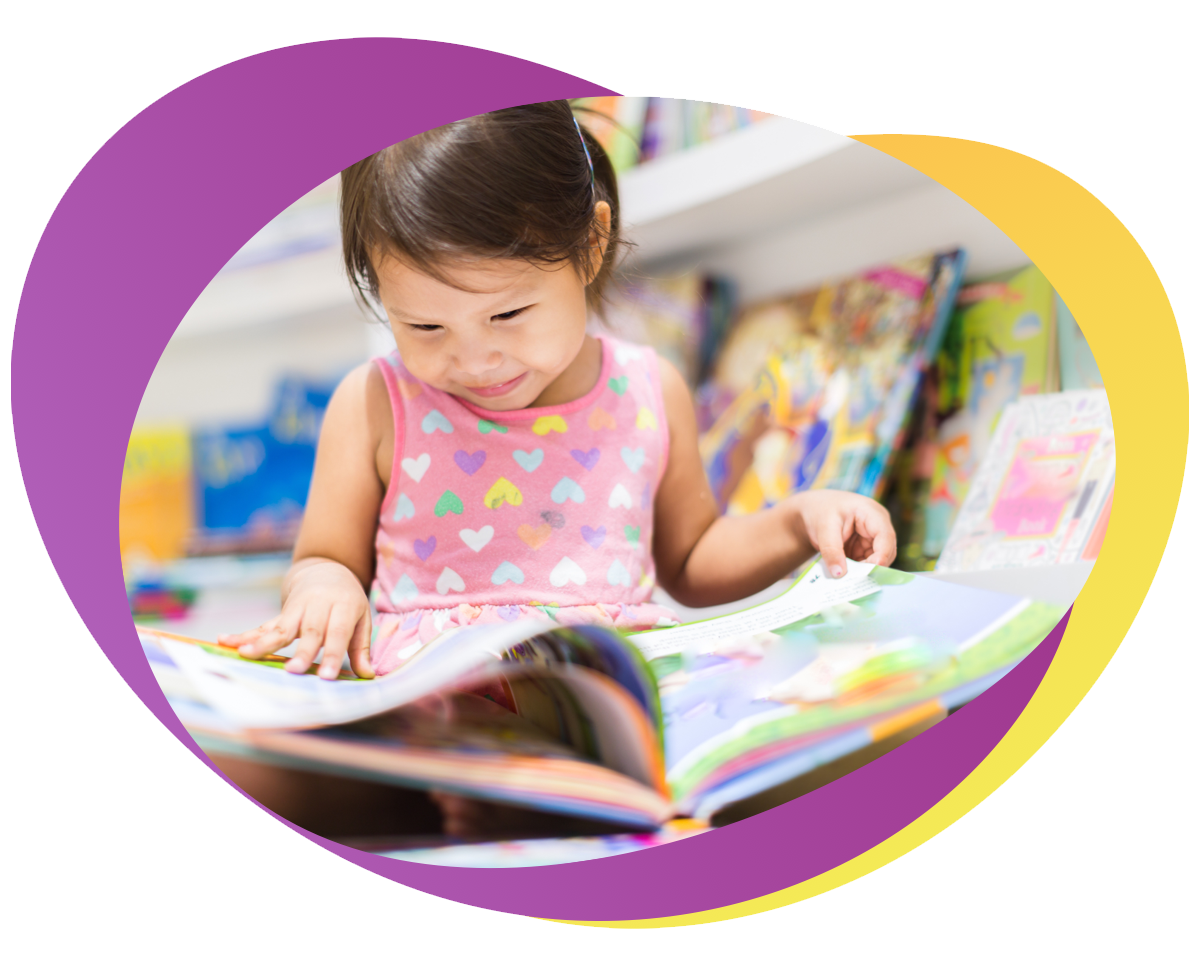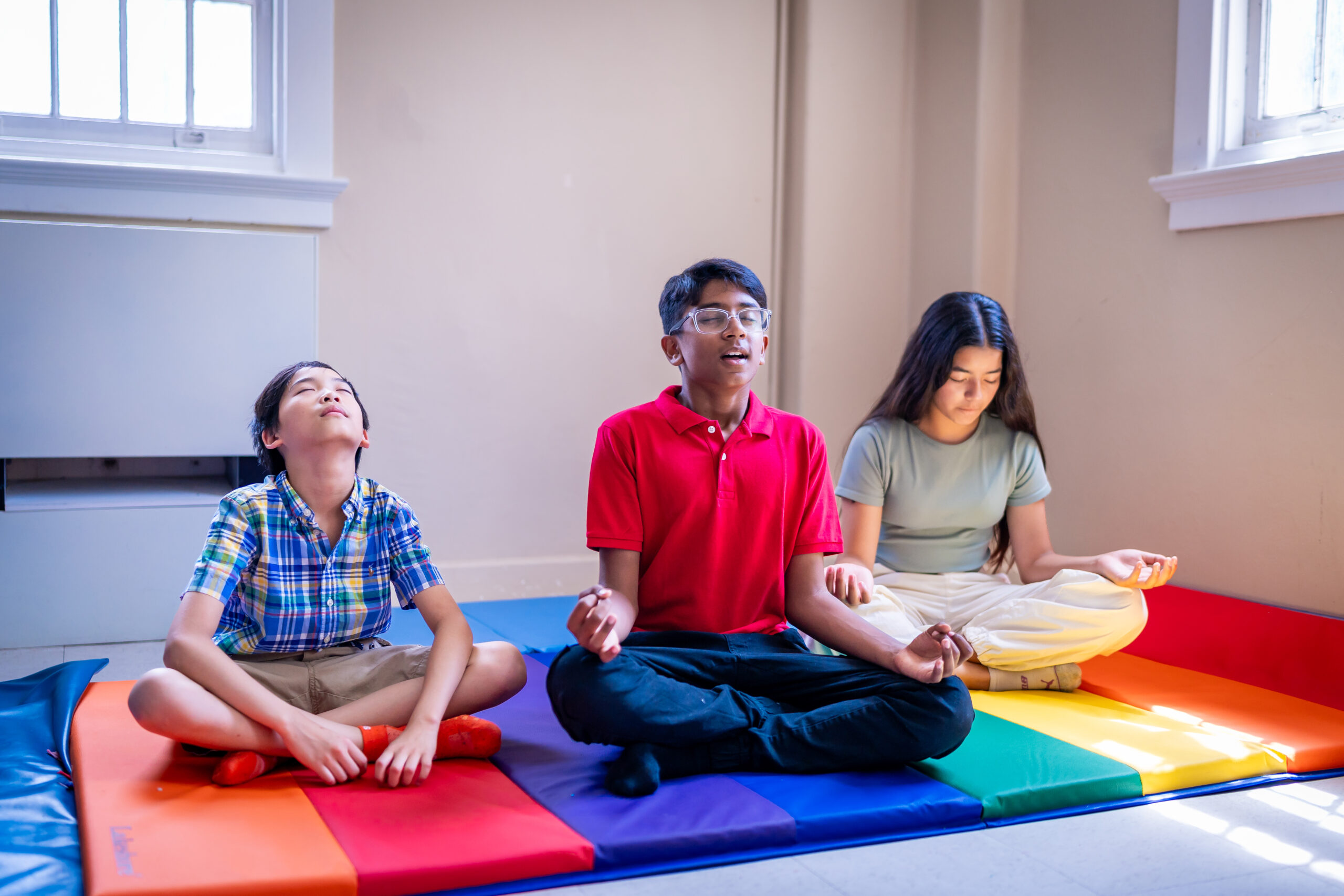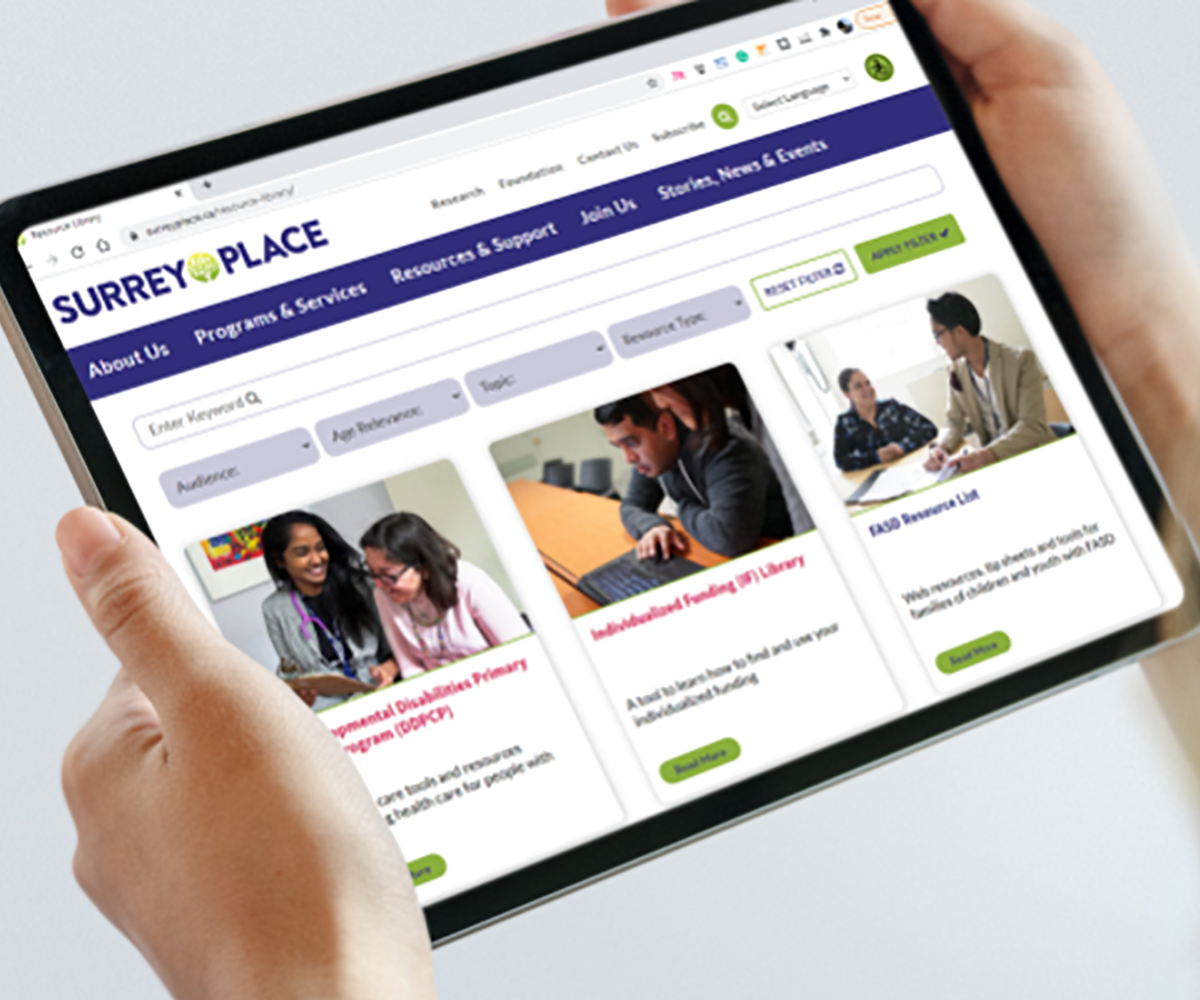Blind-Low Vision Early Intervention Program
Joining together with families to support child learning
To Register

Children with visual impairments are at greater risk of developmental delays and communication challenges. Early intervention helps young children with visual impairment build their capacity to meet development and communication goals.
Our Blind-Low Vision Early Intervention Program team works with families and parents to increase their understanding of their child’s visual impairment. We help build their capacity to advocate for and support their child’s learning from birth to school age.
The program includes the following components:
- In-home appointments
- Early learning and childcare centre consultation
- Professional consultation and collaboration
- Attending ophthalmology appointments with the family
- Written reports, assessments and Family Service Plans
Our Early Childhood Vision Consultants work closely with families, parents and providers to identify priority goals and create accessible environments for the child, including familiar settings such as the home and early learning centres.
“Our family has had a wonderful experience with Surrey Place. Our two-year-old son has low vision and some possible developmental delays. Our early childhood vision consultant, Tara, has been our rock. She stepped in and not only educated us on our son’s condition, but also began guiding us to teach him things we weren’t even aware he was capable of. For example, he now knows where his own drawer is and can choose a bowl and cup. Tara is knowledgeable, compassionate, organized and professional. I truly believe our son’s development is expanding,… READ MORE
Dana C.
Resources for Families & Caregivers
Early Vision Development Milestones – Discover early vision development milestones for your child during their early years and ways to recognize delay.
Child Development Webinar – Explains developmental milestones and how to know if your child needs additional support.

Wellness Events
Did you know that we offer free events for clients, caregivers and professionals?

Resource Library
Find accessible information developed by our clinicians to help you on your journey.